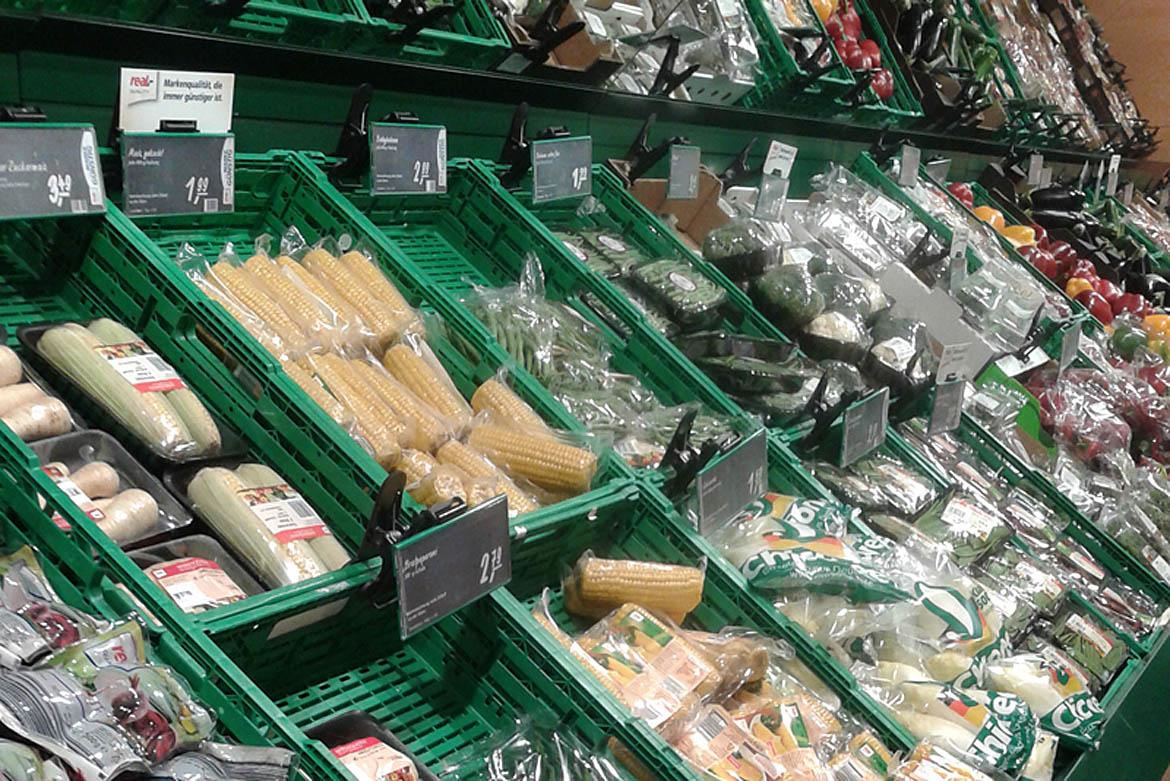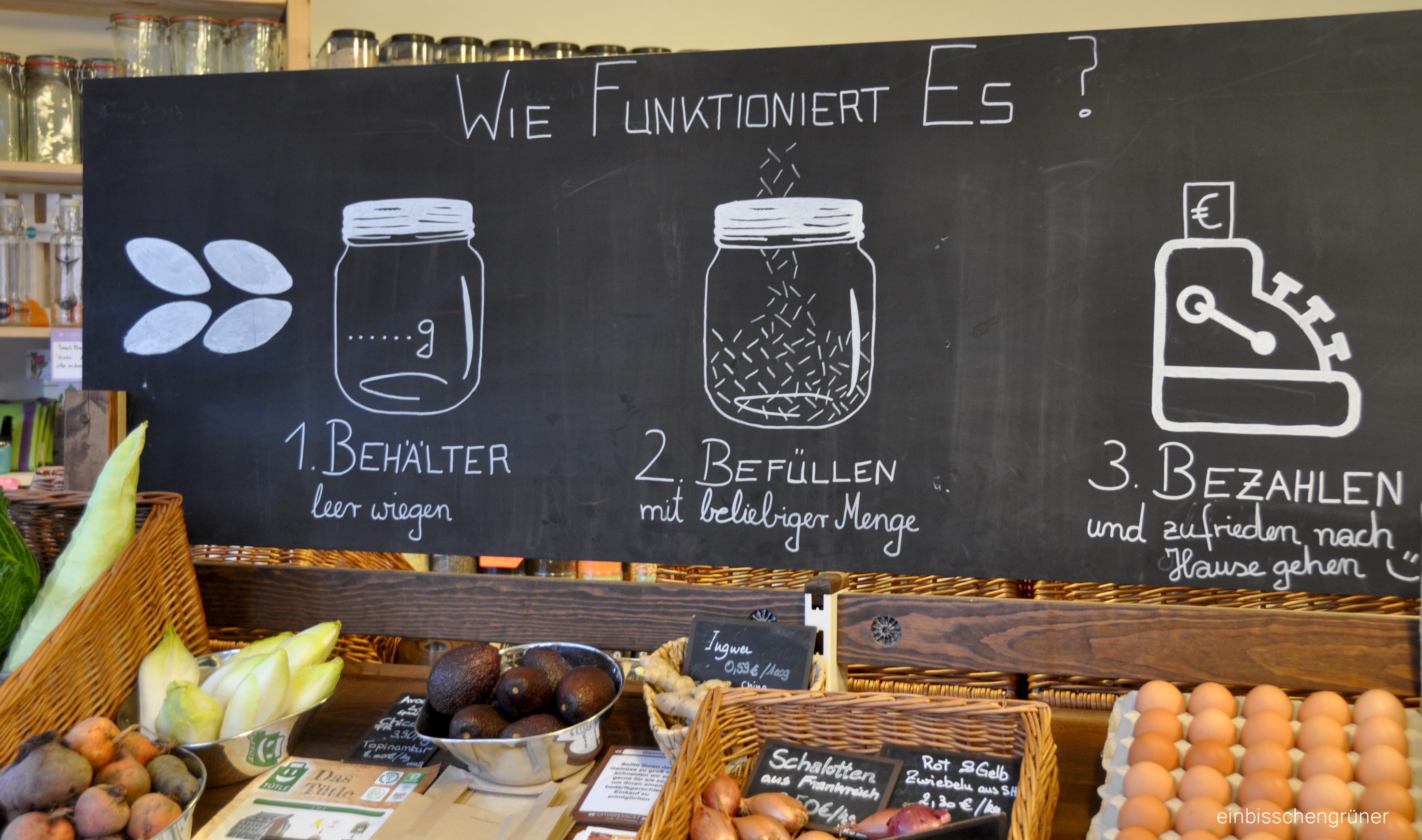Gesellschaftliche Probleme zu identifizieren und se zu lösen?
Hans Weber
8 min read
Listen to this study note
Study Guide Overview
This AP German study guide covers global challenges, focusing on sustainability and food choices. It explores the impact of corporations and individuals on climate change, emphasizing solutions like Unverpackt-Läden (zero-waste stores) and flexitarianism. German cultural context regarding dietary habits and consumer priorities is also examined, along with key vocabulary and practice questions for the exam.
#AP German Study Guide: Tackling Global Issues & Sustainable Living 🌍
Hallo! Let's get you ready for the AP German exam. We'll explore how individuals can address complex issues, focusing on sustainability and food choices, all while boosting your German skills. Let's dive in!
#
Global Challenges: Understanding the Big Picture
- **The Problem:** A 2017 report reveals that just 100 companies are responsible for over 70% of global greenhouse gas emissions since 1988. Major players like ExxonMobil, Shell, BP, and Chevron are key contributors. - **The Impact:** Continued fossil fuel extraction at the current rate could lead to a 4°C temperature increase by the end of the century, resulting in species extinction and food scarcity. - **Individual Action:** While these are massive issues, individual actions can make a difference. We'll explore how!
#
Unverpackt-Läden: A Zero-Waste Solution
### What are Unverpackt-Läden? - **Concept:** Unverpackt-Läden (unpackaged stores) offer a way to shop without single-use packaging. - **How it Works:** Instead of pre-packaged goods, you'll find bulk bins, containers of loose produce, and refillable stations for liquids and dry goods.

*Image from vzhh.de: An example of a typical produce section in a German supermarket*
### Shopping Experience - **Bring Your Own:** Customers bring their own reusable containers (Stoffbeutel, Schraubgläser, Plastikdosen, Papierbeutel). - **Weigh and Fill:** Containers are weighed before filling to avoid paying for their weight.

*Image from smarticular.net: A typical layout of an Unverpackt-Laden*

*Image from einbisschengruener.com: A customer filling their containers at an Unverpackt-Laden*
###
Key Vocab:
- die Verpackung (packaging)
- der Bulk Bin (bulk bin)
- lose (loose)
- Mehrwegbehälter (reusable container)
- abwiegen (to weigh)
- abfüllen (to fill)
#
The Impact of Food Choices
#Meat and Dairy's Role in Climate Change
- Major Contributor: After the fossil fuel industry, the food industry, particularly meat and dairy, is a significant contributor to climate change.
- Cattle Emissions: If cattle were a country, it would be the third-largest emitter of greenhouse gases after China and the US. 🐄

Image from wri.org: Visualizing the impact of cattle emissions
#
The Flexitarian Approach
- Not All-or-Nothing: You don't need to go fully vegan or vegetarian.
- Flexitarianism: A semi-vegetarian diet focused on plant-based foods with occasional meat consumption.

Image from heise.de: A visual representation of a flexitarian diet
#Small Changes, Big Impact
- Reduce by Half: Cutting animal protein consumption by 50% can reduce your diet's carbon footprint by over 40%. 💡
- Larger Actions: Companies can implement meat bans to make a bigger impact.

Image from wri.org: Showing the impact of reducing animal protein consumption
#
Key Vocab:
- der/die Veganer/in (vegan person)
- der/die Vegetarier/in (vegetarian person)
- der/die Flexitarier/in (flexitarian person)
- pflanzlich (plant-based)
- tierisches Eiweiß (animal protein)
- der CO2-Fußabdruck (carbon footprint)
#
German Eating Habits: A Cultural Context
#German Dietary Trends
- Low Vegan/Vegetarian Rates: Only 1% of Germans are vegan, and 6% are vegetarian.
- Youth Trend: Among 14-29 year olds, 11% are vegan or vegetarian.
- Daily Meat Consumption: 28% of Germans eat meat or sausage daily. 🍖

Image from bmel.de: Data on German dietary habits
#What's Important to Germans?
- Taste is Key: 99% of Germans consider taste the most important factor.
- Convenience Matters: 50% prioritize easy preparation.
- Other Factors: Calorie content and price are less important.

Image from bmel.de: Chart of German priorities when choosing food
#
Key Vocab:
- der Ernährungsreport (nutrition report)
- das Kriterium (criterion)
- die Zubereitung (preparation)
- der Kaloriengehalt (calorie content)
#
Final Exam Focus
#High-Priority Topics:
- Environmental Issues: Be prepared to discuss climate change, pollution, and sustainable solutions.
- Food and Diet: Understand different dietary choices (vegan, vegetarian, flexitarian) and their impact.
- Cultural Context: Know how these issues are viewed in German-speaking countries.
#Common Question Types:
- Multiple Choice: Expect questions on vocabulary, reading comprehension, and cultural knowledge.
- Free Response: Be ready to write essays or emails discussing these topics, using evidence from the text.
- Interpersonal Speaking: You might need to discuss these issues in a conversation.
#Last-Minute Tips:
- Time Management: Quickly scan the text and identify key points.
- Vocabulary: Focus on memorizing key terms related to the environment and food.
- Practice: Do the practice questions below!
#
Practice Question
Practice Questions
### Multiple Choice Questions 1. Was ist ein „Unverpackt-Laden“? a) Ein Laden, der nur verpackte Produkte verkauft. b) Ein Laden, der keine Verpackungen verwendet. c) Ein Laden, der nur Fleischprodukte verkauft. d) Ein Laden, der nur Bio-Produkte verkauft.
2. Was ist ein „Flexitarier“? a) Jemand, der nur Fleisch isst. b) Jemand, der nur Gemüse isst. c) Jemand, der hauptsächlich pflanzliche Lebensmittel isst, aber gelegentlich Fleisch. d) Jemand, der keine tierischen Produkte isst.
3. Welches Kriterium ist laut dem deutschen Ernährungsreport am wichtigsten für die meisten Deutschen? a) Der Kaloriengehalt b) Der Preis c) Der Geschmack d) Die einfache Zubereitung
### Free Response Question **Scenario:** You are writing an email to a German friend, explaining the concept of Unverpackt-Läden and why you think they are important. Include at least three reasons why these stores are beneficial.
**Scoring Breakdown:** * **Content (4 points):** * Clearly explains what Unverpackt-Läden are (1 point). * Provides at least three distinct reasons for their importance (3 points). * **Language (4 points):** * Uses accurate and varied vocabulary related to the topic (2 points). * Demonstrates correct grammar and sentence structure (2 points). * **Organization (2 points):** * Email is well-organized with a clear introduction, body, and conclusion (2 points).
### Sample Answer: Liebe/r [Name],
ich hoffe, es geht dir gut. Ich wollte dir heute von einer interessanten Idee erzählen, die ich entdeckt habe: Unverpackt-Läden. Das sind Geschäfte, die Lebensmittel ohne Verpackung verkaufen. Anstatt Produkte in Plastik oder Karton zu kaufen, bringst du deine eigenen Behälter mit und füllst sie dort ab.
Ich finde das sehr wichtig, weil es viele Vorteile hat. Erstens hilft es, den Plastikmüll zu reduzieren, was sehr gut für die Umwelt ist. Zweitens kann man genau die Menge kaufen, die man braucht, und verschwendet so weniger Lebensmittel. Und drittens finde ich es gut, dass man sich mehr Gedanken darüber macht, woher die Produkte kommen und wie sie verpackt sind.
Was denkst du darüber? Hast du schon mal von Unverpackt-Läden gehört? Ich würde mich freuen, deine Meinung zu hören.
Viele Grüße, [Your Name]
#Question that combines multiple units
Explain how individual dietary choices (flexitarianism) and shopping habits (Unverpackt-Läden) can contribute to addressing the global challenge of climate change, and why these changes might be difficult to implement in Germany, based on the provided information.
Scoring Breakdown:
- Content (5 points):
- Explains how flexitarianism reduces carbon footprint (2 points).
- Explains how Unverpackt-Läden reduce waste (2 points).
- Discusses the challenges of implementing these changes in Germany (1 point).
- Language (3 points):
- Uses accurate and varied vocabulary related to the topic (2 points).
- Demonstrates correct grammar and sentence structure (1 point).
- Organization (2 points):
- Answer is well-organized with a clear introduction, body, and conclusion (2 points).
- Answer is well-organized with a clear introduction, body, and conclusion (2 points).
You've got this! Viel Erfolg! 🍀
Continue your learning journey

How are we doing?
Give us your feedback and let us know how we can improve





